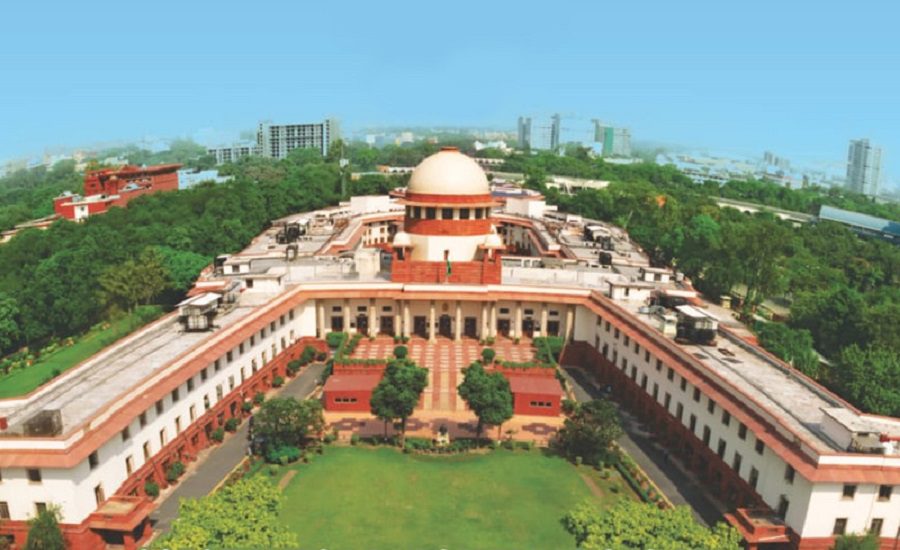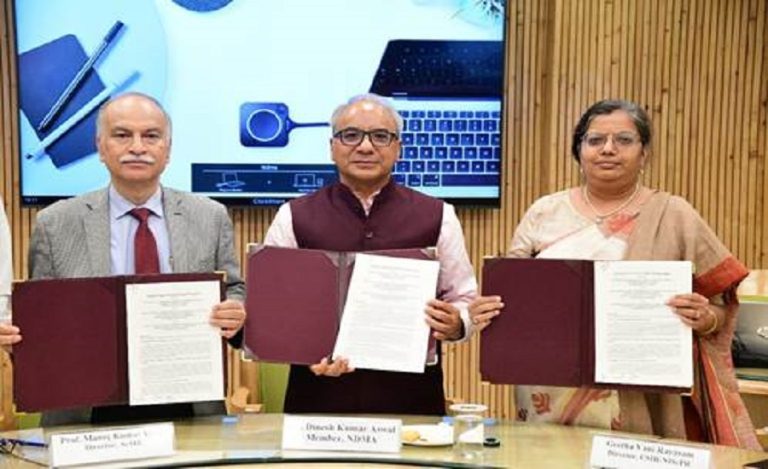The Supreme Court of India in May 2025 constituted two separate Special Investigation Teams (SITs) to probe distinct and sensitive cases—one involving Madhya Pradesh minister Kunwar Vijay Shah, and the other concerning Professor Ali Khan Mehmoodabad of Ashoka University. These SITs were created to ensure independent and unbiased investigations, with the Court laying out specific guidelines for their composition and functioning.
Case 1: Kunwar Vijay Shah
The first SIT, formed on May 19, is investigating remarks allegedly made by Minister Kunwar Vijay Shah, who reportedly referred to Colonel Sophia Qureshi as a “sister of terrorists”. The Madhya Pradesh High Court had taken suo motu cognisance of the issue and directed the police to file an FIR. The Supreme Court then asked the Director General of Police (DGP), Madhya Pradesh, to form a three-member SIT, consisting exclusively of IPS officers of the Madhya Pradesh cadre but posted outside the state. The team is to be headed by an officer of Inspector General (IG) rank, and must include at least one woman officer.
Case 2: Ali Khan Mehmoodabad
In the second case, on May 21, the Court ordered the formation of another three-member SIT to investigate a Facebook post by Professor Ali Khan Mehmoodabad regarding ‘Operation Sindoor’, which had attracted controversy. The DGP of Haryana was instructed to form the team with IPS officers not belonging to either Haryana or Delhi, and to ensure inclusion of one woman IPS officer in the SIT.
Why SIT Instead of CBI or NIA?
Explaining its choice of SIT over agencies like CBI or NIA, the Supreme Court highlighted that NIA is already overburdened and in some cases, investigations get delayed, compromising outcomes. Justice Surya Kant, who headed the bench with Justice N Koteshwar Singh, emphasized that past SITs have yielded positive results. The Court also reserved the right to monitor the investigation itself, to ensure transparency and timely conclusion.
These decisions reflect the Court’s effort to guarantee impartiality, gender balance, and efficiency in sensitive investigations, while reinforcing public trust in judicially monitored probes.




























